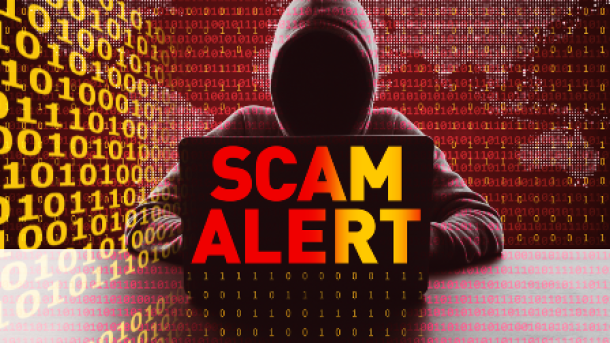Credit card scams on the rise’
The South African Banking Risk Information Centre is warning South Africans to be alert to some of the latest scams, and to be extra-cautious with credit cards.
Chief executive Kalyani Pillay said consumers should not let their bank cards out of their sight and should watch what was done with them once they handed them over for payments.
Credit card scams are on the rise across the world.
Here’s what you should do:
* Do not allow your card to be swiped through any equipment other than a legitimate point-of-sale device.
* Report any suspicious behaviour by those handling your card to the establishment’s management and your bank immediately.
* If you suspect your PIN has been compromised, change it immediately.
* Check your bank statements regularly for irregularities.
* Check the amount is correct on the transaction slip after using a point-of-sale device.
* Use bank facilities such as SMS notification services to alert you to any transactions performed on your card.
Pillay said some of the most common scams included the deposit and refund scam as well as the 419 scam.
“The deposit scam occurs when a criminal orders goods or services from a business and makes a payment into the victim’s account, mostly by means of a fraudulent cheque.
“Proof of payment is sent to the business and goods are delivered to the criminal. When the bank processes the cheque, they discover it is fraudulent.”
Pillay emphasised that no refund should be made without your first verifying with the bank that the deposit made into your account was valid. Customers should wait for all cheque deposits to be cleared.
Another scam involved the changing of banking details, with an innocent recipient receiving an email or letter informing them their supplier had changed its bank details. The correspondence included details of the new account into which the recipient would be asked to make future payments.
“Maintain a good relationship with suppliers and know your contacts so you are able to liaise with them if required.
“If called by a ‘supplier’, ask to speak to your known contacts and don’t take instructions from staff you don’t know. Shred your business and suppliers’ invoices or any communication material that may contain letterheads.”
The 419 scams were constantly revised by criminals to defraud unaware customers.
These usually occurred by way of letter, fax, SMS or email.
Victims were asked to pay administration costs so they could receive the winnings.
Various amounts could be said to be payable by a victim, but once these were paid the promised money transfer did not take place.
When receiving a 419 scam letter:
* Do not reply.
* Forward a copy of the email to the internet service provider from which the email came, for example:
* Forward the email or SMS to the SAPS at
News Category
- International retailers
- On the move
- Awards and achievements
- Legislation
- Wine and liquor
- Africa
- Going green
- Supplier news
- Research tools
- Retailer trading results
- Supply chain
- Innovation and technology
- Economic factors
- Crime and security
- Store Openings
- Marketing and Promotions
- Social Responsibility
- Brand Press Office
Related Articles

Steps to stop shoplifting in your business

Beware of scam artists during the festive seaso...

Shoprite crackdown: Criminals get 24 life sente...

Top scams to watch out for as you enjoy this ye...


